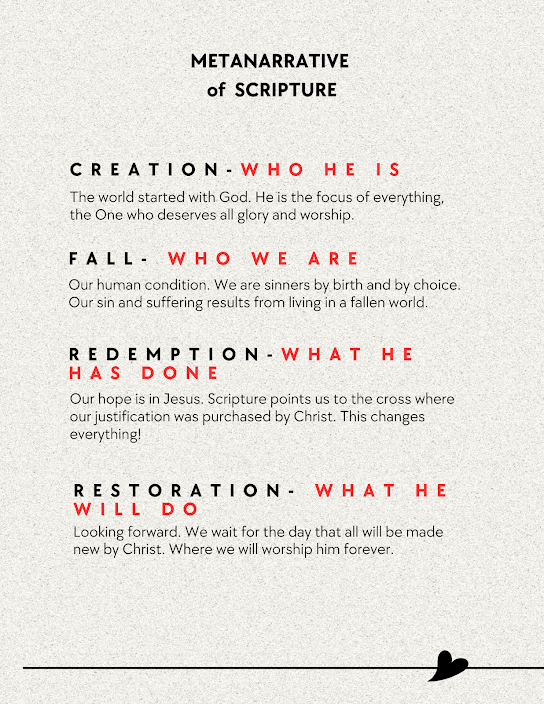DO YOU BELIEVE? – INTRODUCTION – PAUL TRIPP
“I wrote this book to narrow the gap between what we say we
believe and how we actually live”.
“The enemy of your soul will gladly give you formal theology
if, in your real daily life, he can control the thoughts and motives of your
heart and, in so doing, control the way you act, react, and respond”
“All of us have constructed a superstructure of life
assumptions that functions as the instrument we use to make sense out of life”.
“Your thoughts always precede and determine your activity”.
“You don’t do what you do because of what you are experiencing
now. No, you do what you do because of the way you have thought about and
interpreted what you are experiencing”.
“Without His loving relationship, we wouldn’t know how to
know, we wouldn’t know for sure what we know, and we would have no way to know
if what we think we know is true or not”.
The doctrines of the bible are not so much ideology as they
are living and divine tools for salvation, transformation, identity, and guidance”.
“We cannot treat our bible like an encyclopedia!”.
THE ROLE OF DOCTRINE
1.
It provides a helpful shortcut for the grand redemptive
story.
a.
Every doctrine in scripture provides a summary
or shorthand for the things God knows are vital for us to know and understand.
2.
It provides an explanation.
a.
Through doctrine God helps us understand how we
have acted in our sin and how He has acted toward us and for us in His grace.
The primary purpose of
doctrine is not information, but transformation.
Biblical doctrine should:
·
Transform our identities.
·
Alter our relationships.
·
Reshape our finances.
·
Change how we think and talk.
·
Change how we approach our job.
·
Change how we use our time.
·
Direct our actions in marriage.
·
Direct how we parent our children.
·
Change how we think about the past, interpret
the present and view the future.
2 Timothy 3:16-17
“All scripture is breathed out by God and profitable for
teaching, for reproof, for correction, and for training in righteousness, that
the man of God may be complete, equipped for every good work”.
TEACHING – We have been given a standard. A set of truths
and stories to transform and guide us.
REPROOF – We are to compare ourselves to that standard
and make an assessment as to our standing regarding the standard. Where do we
come up short? Where do we lack?
CORRECTION – We are, then, to close that gap between where
we are currently and where God wants us to be. For this, we must employ the Holy
Spirit in our lives.
TRAINING – We are to faithfully continue in putting God’s
standard in the forefront and the daily practice of our lives. Once, again, the
need for the Holy Spirit’s activity in our life is necessary.
This passage calls us to handle the truths of scripture in a
way that results in a constant pattern of personal self-examination that leads
to honest and humble confession, which produces a commitment to repentance,
resulting in a life of increasing spiritual maturity and joyful obedience.
“Biblical faith is a commitment of the heart that radically
alters the way you live”.
TRUTH NOT LIVED IS
TRUTH NOT BELIEVED.
QUESTIONS:
1.
What is doctrine?
a.
The attempt to state in intellectually responsible
terms the message of the gospel and the content of the faith it elicits.
2.
Why do we need doctrine?
a.
It gives us a foundational understanding of what
the bible says about who
God is, who we are as a result, and how then we should live.
3.
What is doctrine meant to do?
a.
Transform us, not just inform us.







